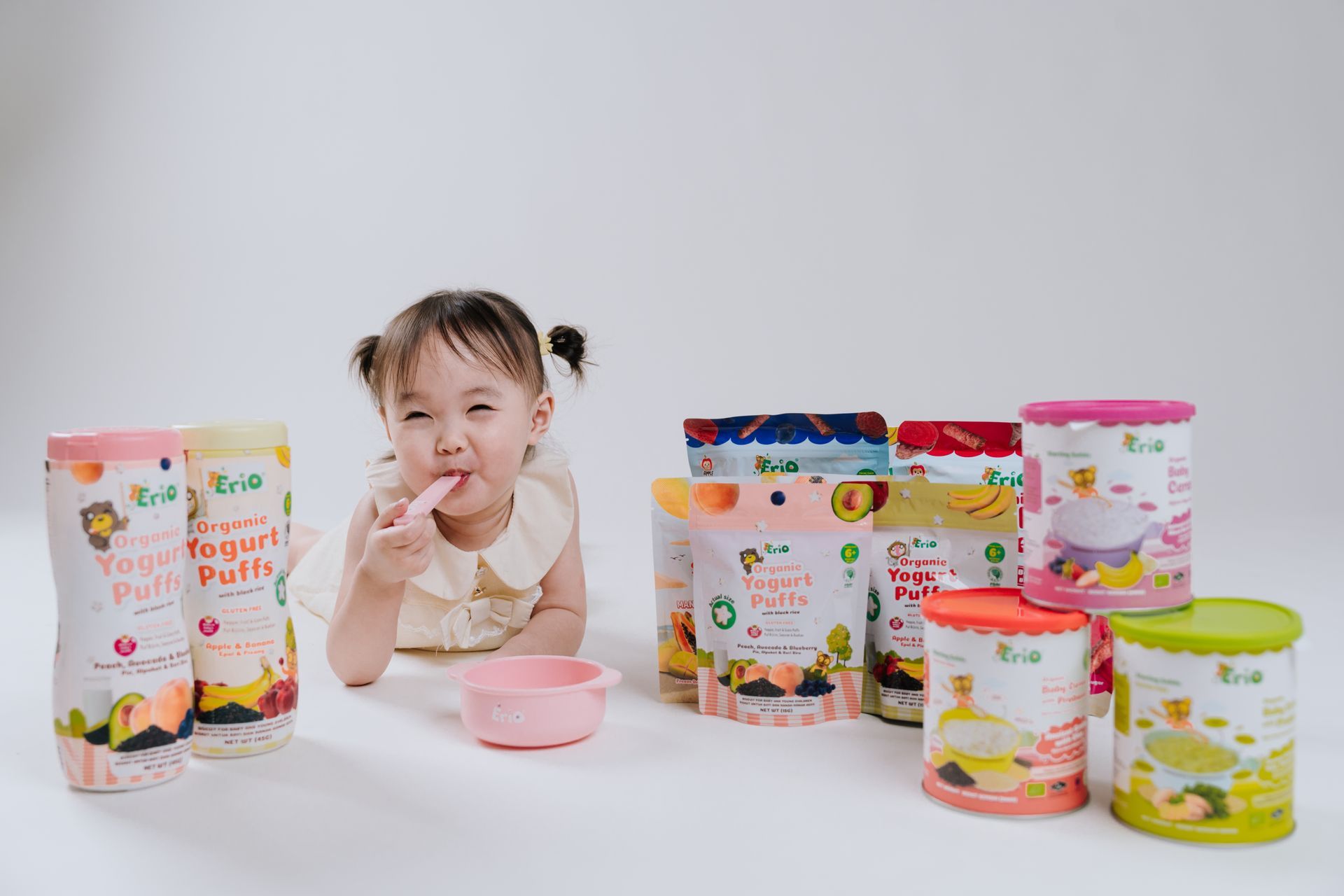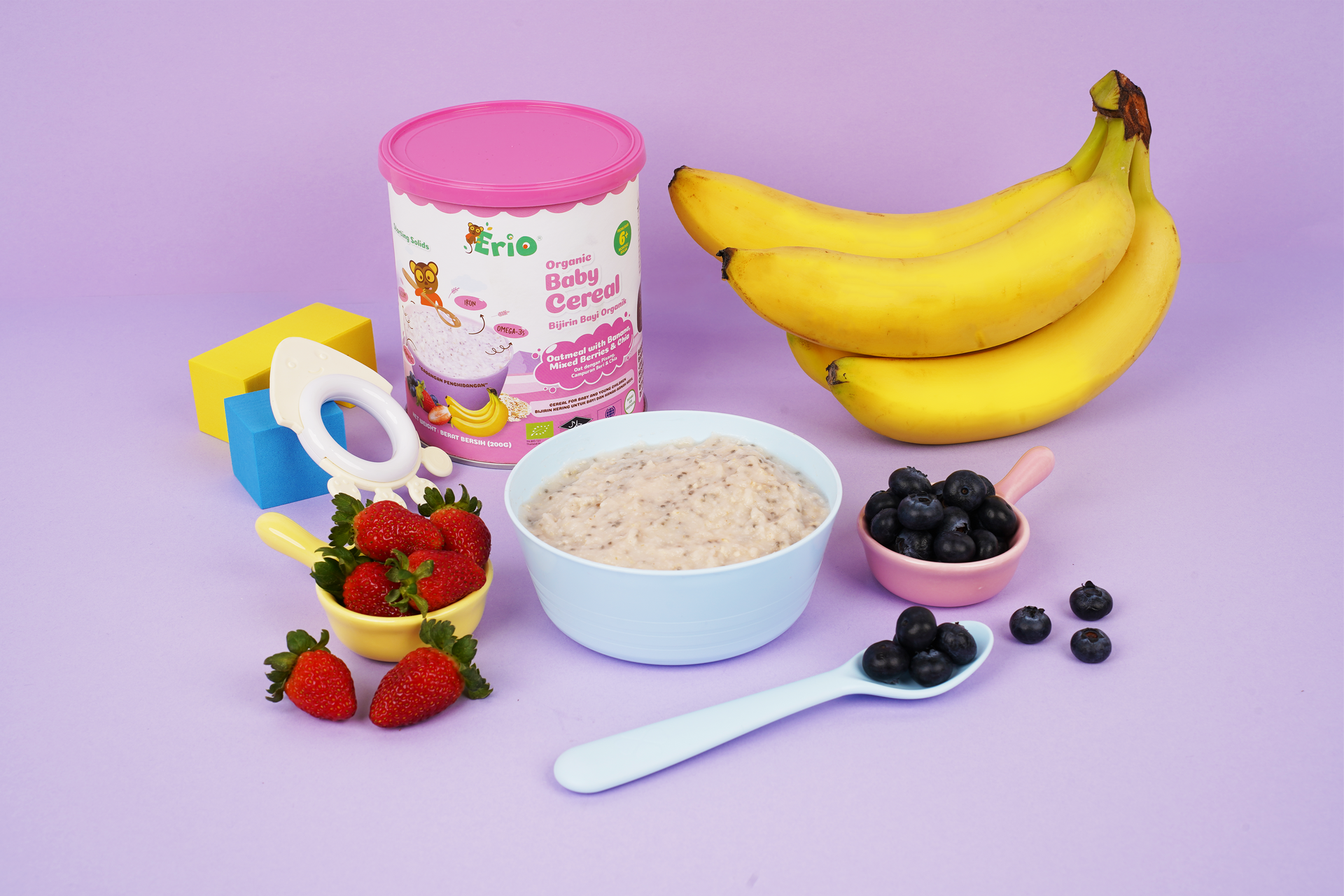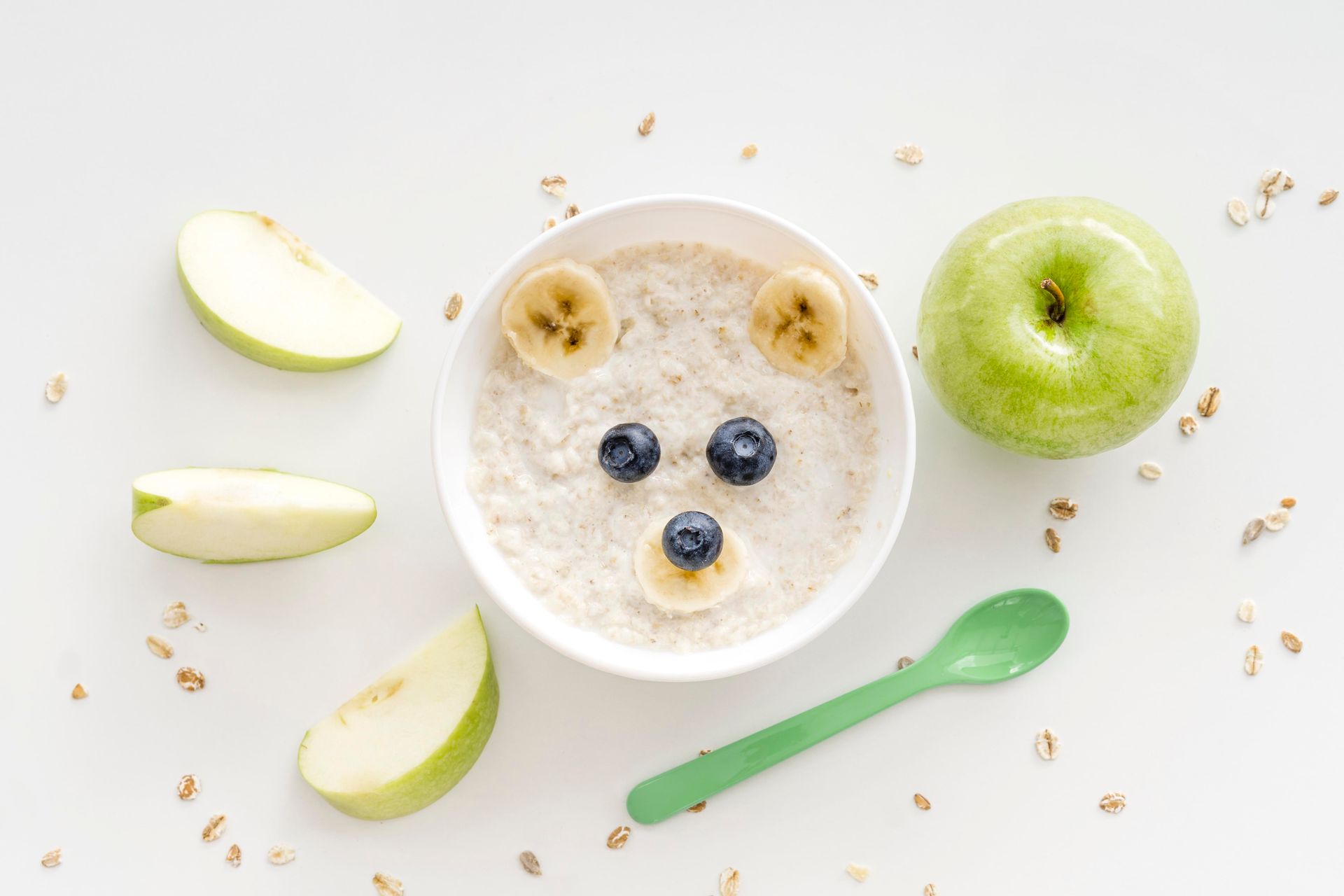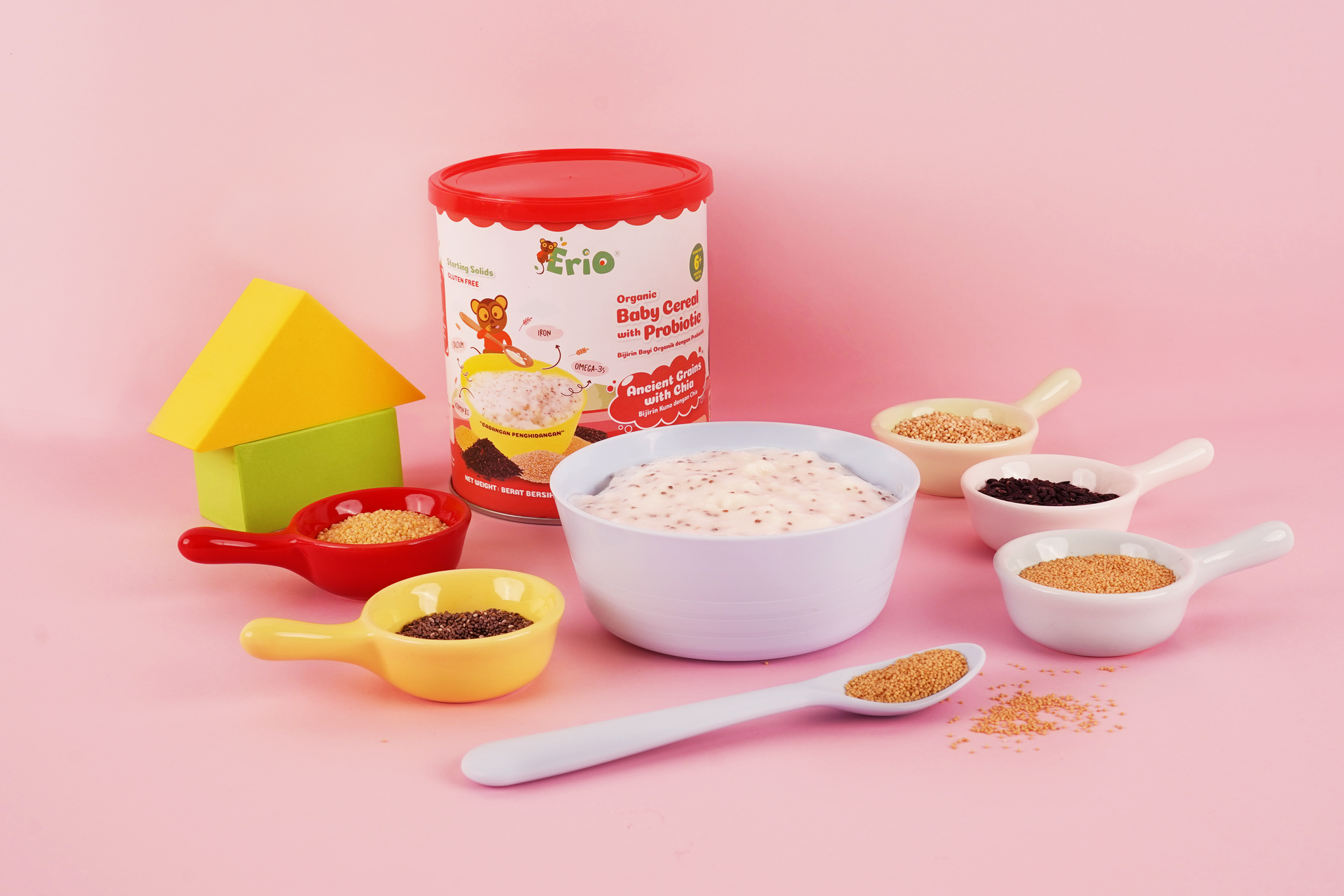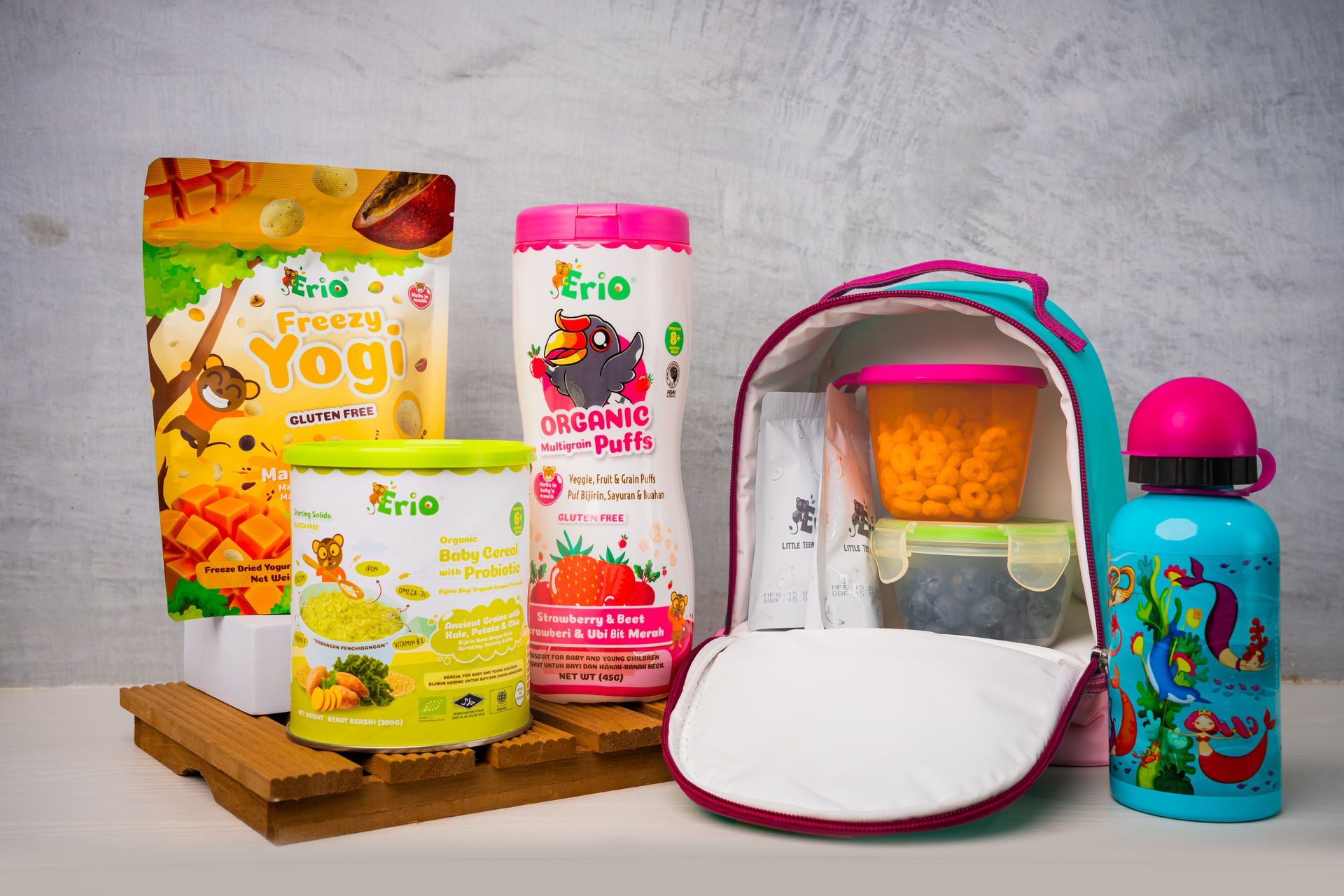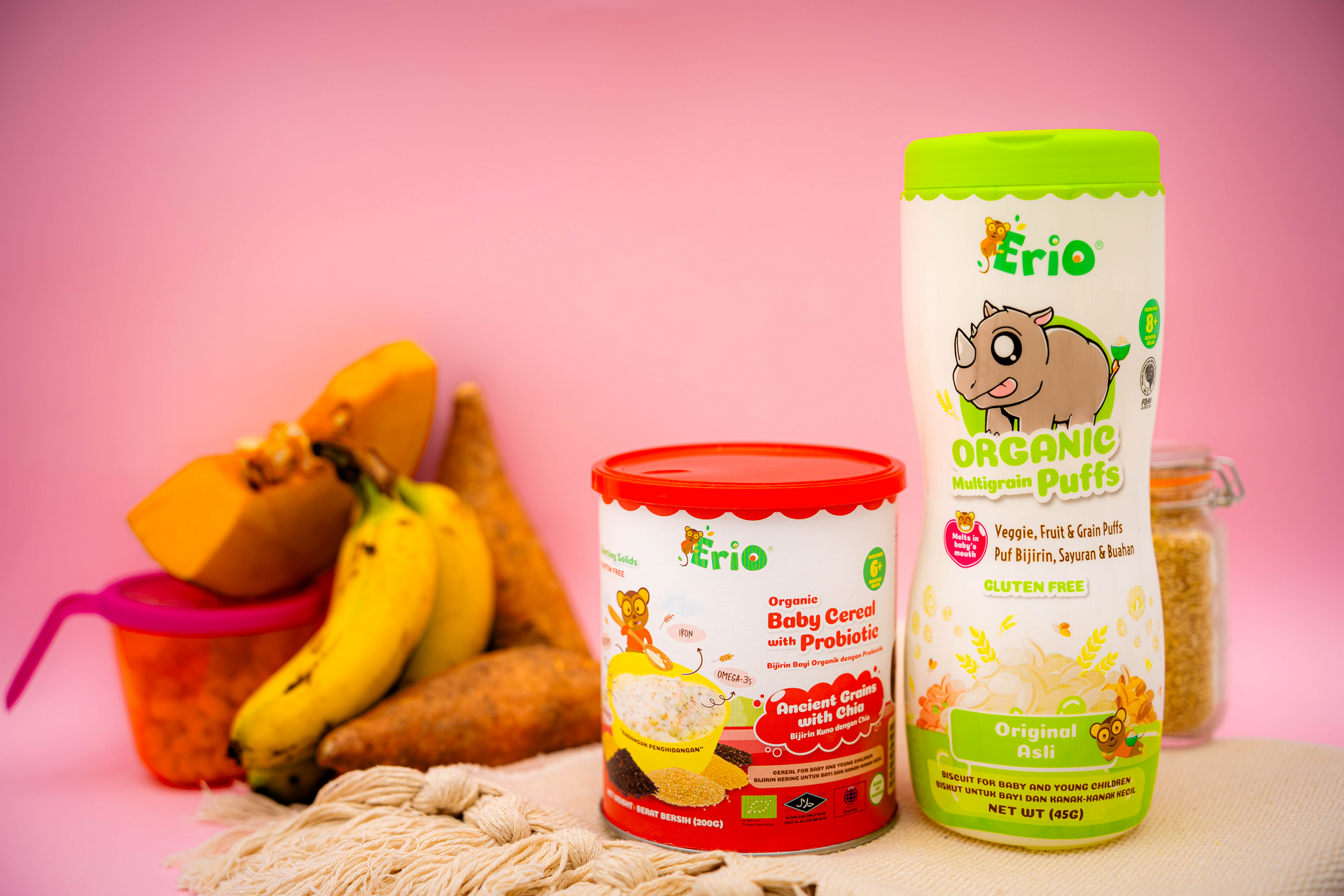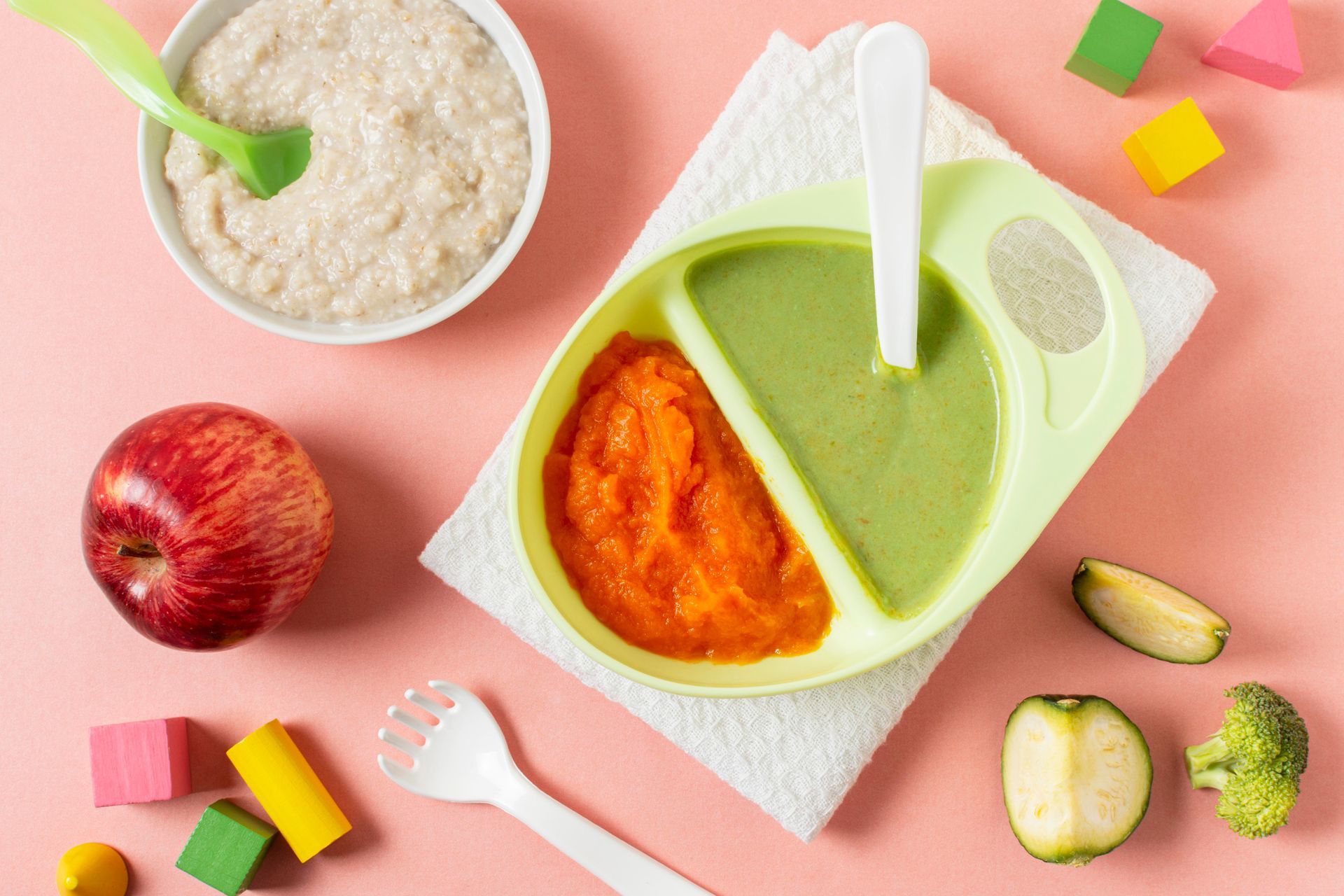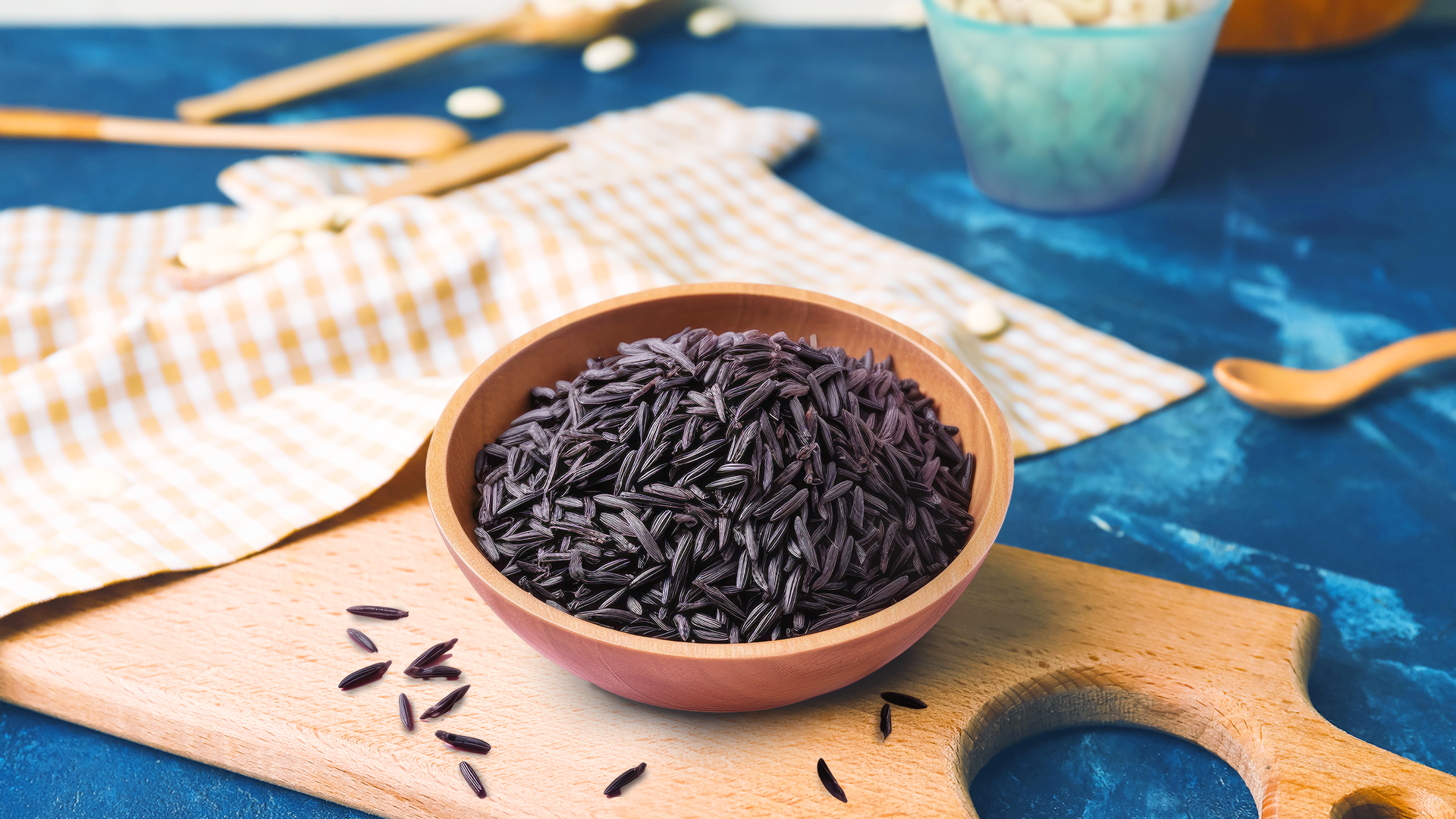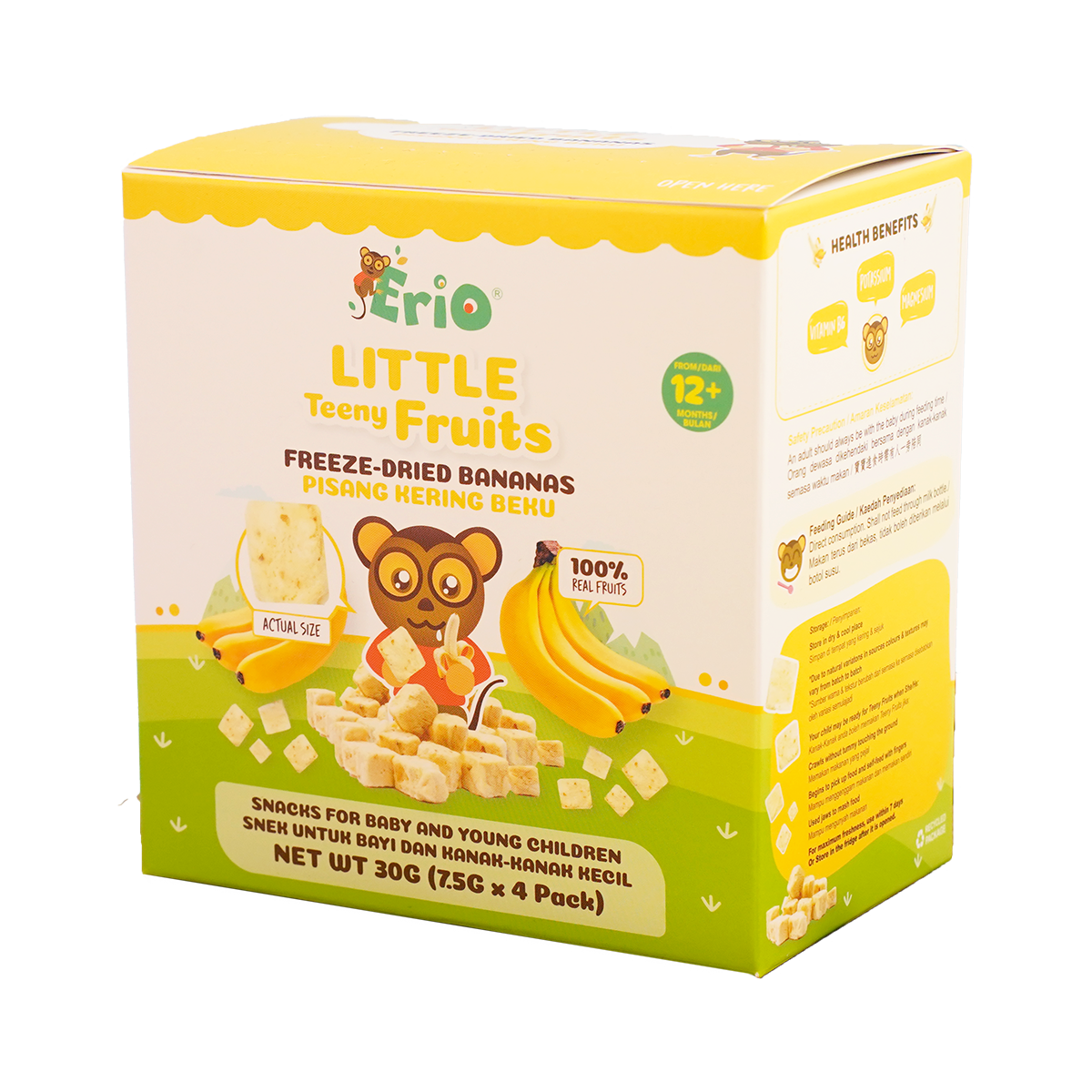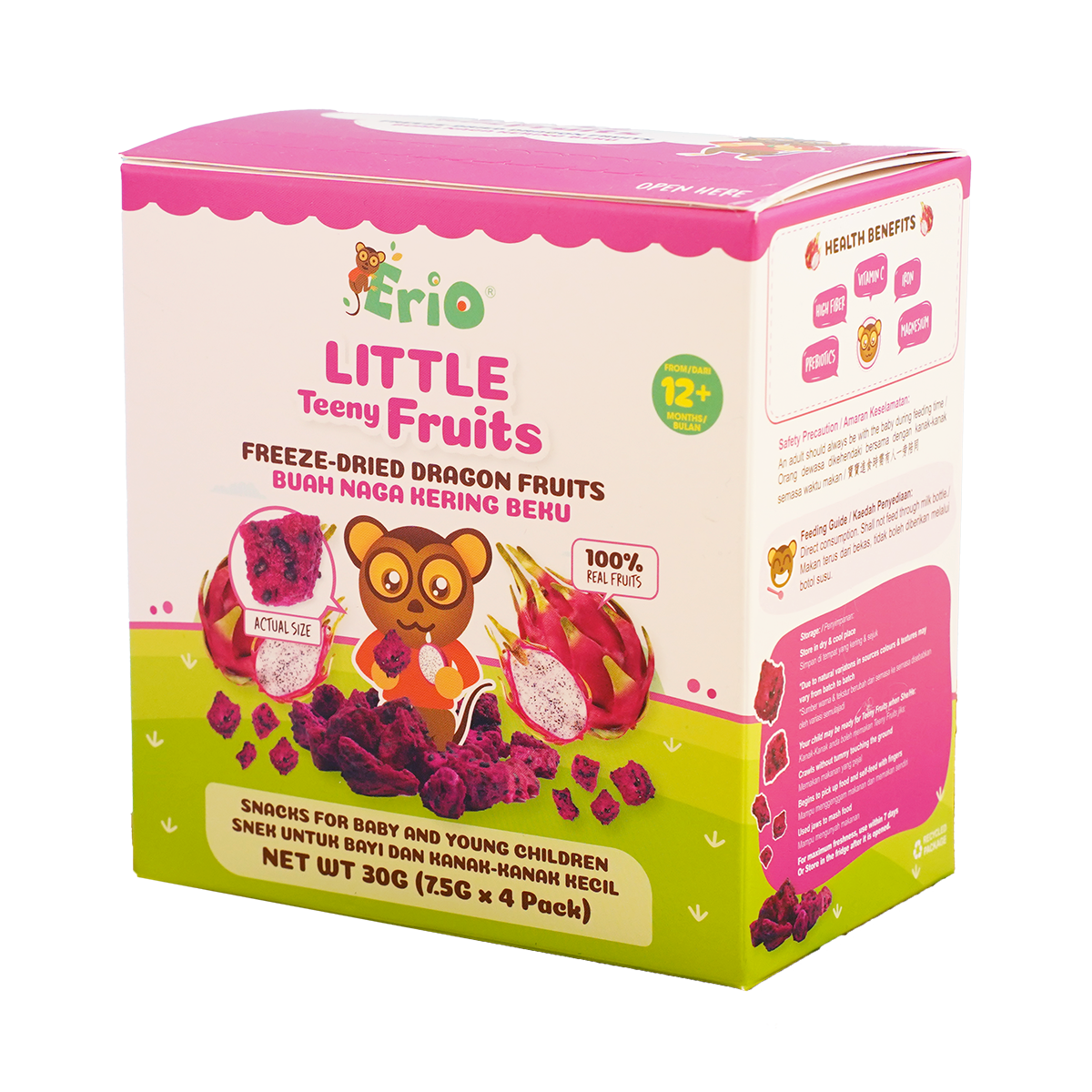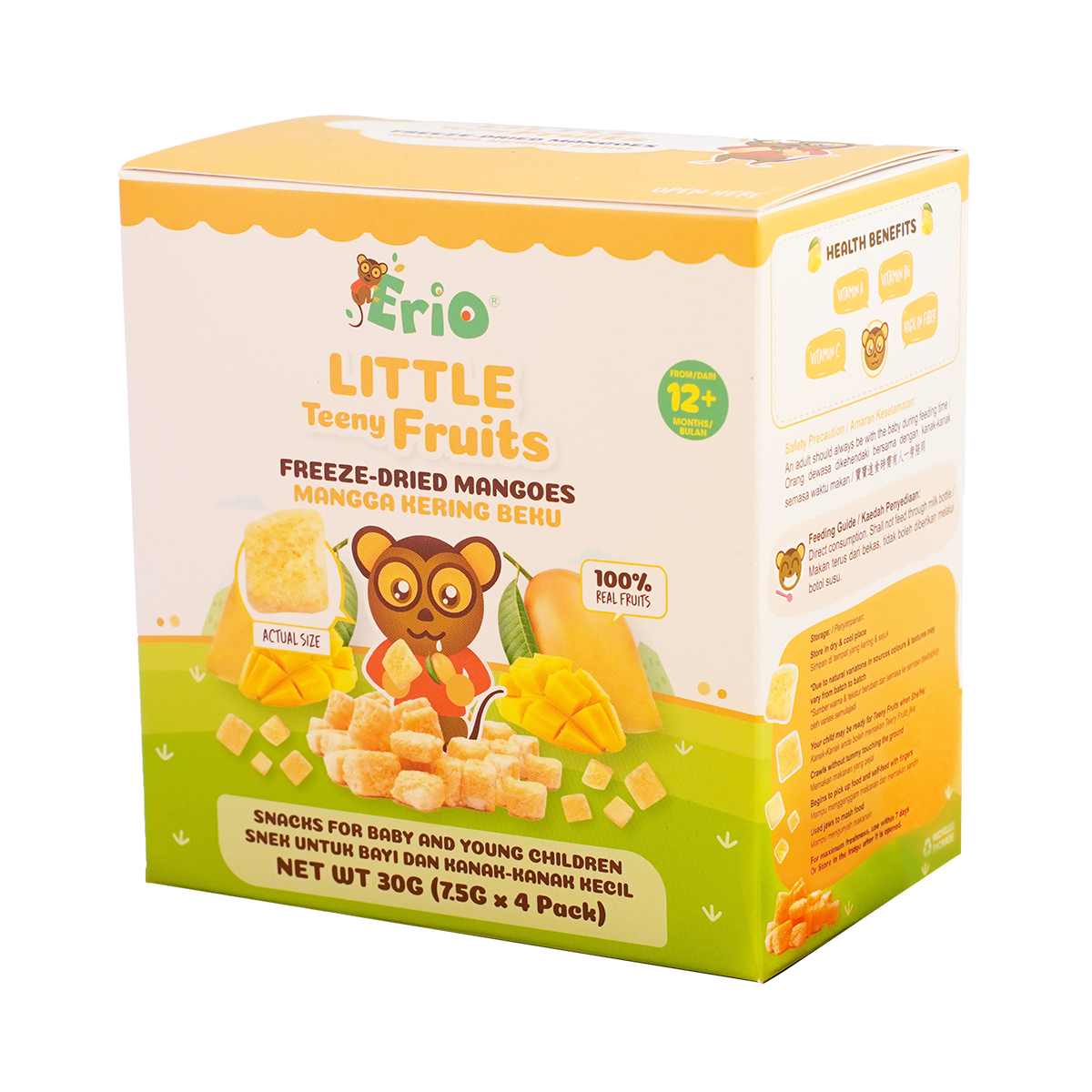Identifying Allergies in Toddlers and How Organic Foods Can Help
Hey mommies! As new moms, you’ll encounter various challenges, but one of the most critical ones is identifying allergies in your little ones. Allergies occur when the immune system reacts to harmless substances, and it can be tough to detect them in children who can’t express their symptoms effectively. This is why it’s crucial for us to be vigilant and proactive in safeguarding our toddler's health and well-being.
So what happens when parents don’t attend to their toddler's allergies? Well, it can have significant consequences. The child may experience persistent symptoms, an increased risk of severe reactions, and a negative impact on their quality of life. Untreated allergies could also lead to long-term complications, nutritional deficiencies, and emotional challenges.
As parents, there's nothing you want more than to see your child happy and healthy. That's why addressing your toddler's allergies ahead of time becomes even more crucial. Imagine witnessing your little one experiencing symptoms like sneezing, itchy eyes, and skin rashes; it's heart-wrenching. You can minimize their discomfort and ensure their well-being by taking prompt action and managing their allergies effectively.
What are the signs and symptoms of allergies in babies and toddlers?
By paying attention to specific indicators, you can uncover potential allergies. Here are some common signs and symptoms to watch out for:
- Skin Reactions: Allergies can cause skin rashes, hives, eczema, or dry and itchy skin. These reactions may appear soon after consuming certain foods or coming into contact with allergens like dust mites or pet dander.
- Respiratory Issues: Persistent coughing, wheezing, shortness of breath, or nasal congestion can indicate allergies, especially if these symptoms worsen in specific environments or after exposure to certain foods.
- Digestive Problems: Allergies can lead to digestive issues such as stomach pain, bloating, gas, diarrhea, or vomiting. These symptoms are commonly associated with food allergies or intolerances.
- Behavioral Changes: Some toddlers may exhibit behavioral changes when exposed to allergens, such as irritability, restlessness, or difficulty sleeping. These changes can occur due to discomfort caused by allergic reactions.
I think my toddler has allergies! What can I do?
No worries, mommies! If you suspect that your toddler has allergies, it’s important to consult a healthcare professional for a proper diagnosis. They may recommend the following methods to identify potential allergens:
- Allergy Testing: Allergy testing, such as skin prick tests or blood tests, can help identify specific allergens that may be causing your toddler's reactions. These tests are usually conducted by allergists who specialize in diagnosing and managing allergies in children.
- Elimination Diet: In some cases, an elimination diet may be advised for your toddler. This diet involves removing potential allergens from your child's diet and reintroducing them one at a time to observe any adverse reactions.
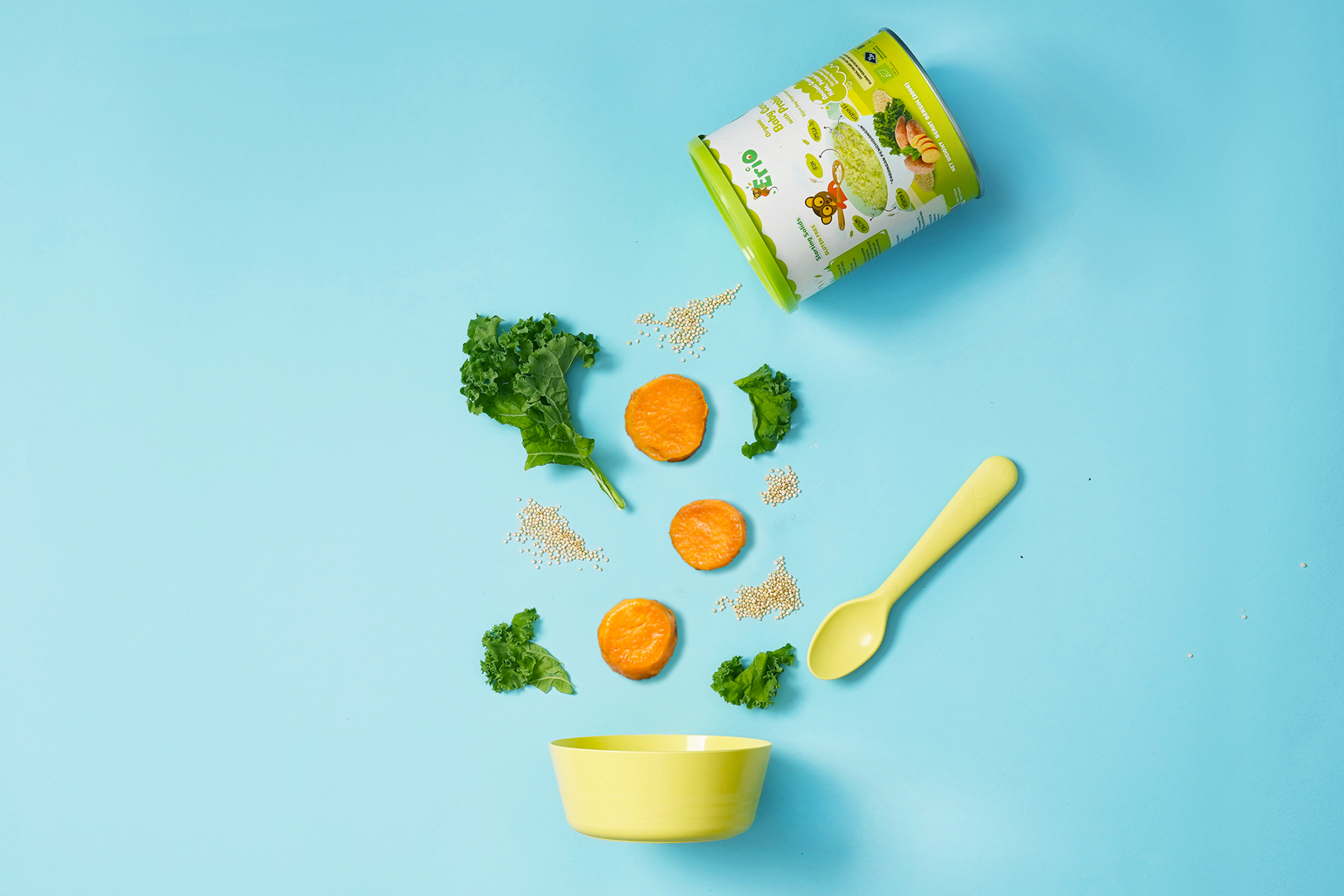
The Role of Organic Foods in Allergy Prevention:
Now that we understand the importance of identifying allergies in toddlers, so let's explore how organic foods can play a vital role in preventing and managing allergies:
- Reduced Exposure to Pesticides: Organic foods are grown without synthetic pesticides and genetically modified organisms (GMOs). By choosing organic, you can reduce your toddler's exposure to potentially harmful chemicals, which may contribute to allergic reactions. Think of it as giving your child food that’s as close to nature as possible without the interference of artificial substances.
- Nutrient Density: Organic fruits, vegetables, and grains tend to be richer in essential vitamins, minerals, and antioxidants compared to conventionally grown produce. This higher nutrient content can help support your toddler's immune system and reduce the risk of allergies. It's like giving your child a nutrient-packed superhero meal!
- Avoidance of Food Additives: Organic foods often steer clear of artificial additives, preservatives, and flavors, which can trigger allergies or intolerances in some children. By opting for organic options, you can minimize the potential for allergic reactions caused by these additives.
When it comes to providing your little one with healthy, organic baby snacks, look no further than Erio's Organic Baby Cereal! They're made from organic fruits, free from harmful chemicals, and are like a bite of nature's goodness. Packed with vitamins and minerals, these freeze-dried snacks provide a burst of fruity nutrients for your toddler's growth. Plus, their convenient, mess-free packaging makes them perfect for moms and their little ones. Snack time is now made easy and worry-free, and these chemical-free delights are ideal for lunch boxes!
To conclude, it is essential for new moms to be vigilant about identifying and managing allergies in their toddlers. By observing signs and symptoms, seeking professional advice, and incorporating organic foods into their diet, we can significantly reduce the risk of allergies.
Remember, every child is unique, so consult with healthcare professionals regarding your toddler's specific dietary needs and allergies. With care and the right choices, we can ensure our little ones grow up healthy and happy!
